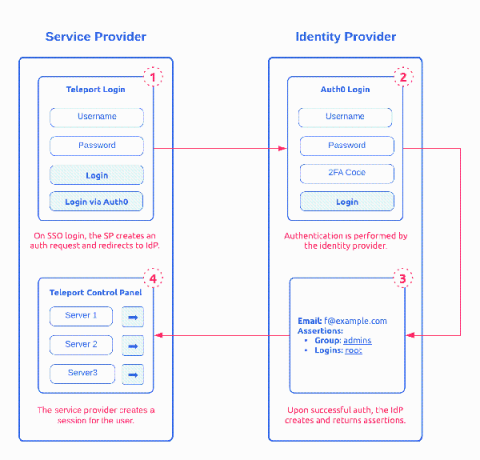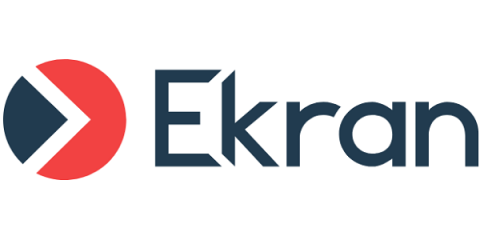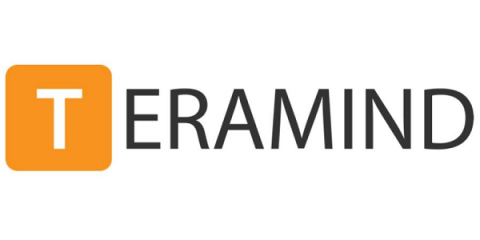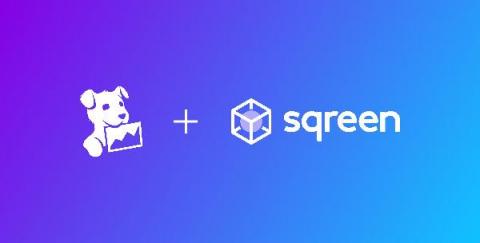How SAML 2.0 Authentication Works?
Security Assertion Markup Language (SAML) 2.0 is one of the most widely used open standard for authentication and authorizing between multiple parties. It’s one of the protocol that give users the single sign-on (SSO) experience for applications. The other adopted open standard is OAuth and OpenID. Of the two, SAML 2.0, released in 2005, remains the 800 pound gorilla in Enterprise SSO space. This post provides a detailed introduction on how SAML works.











